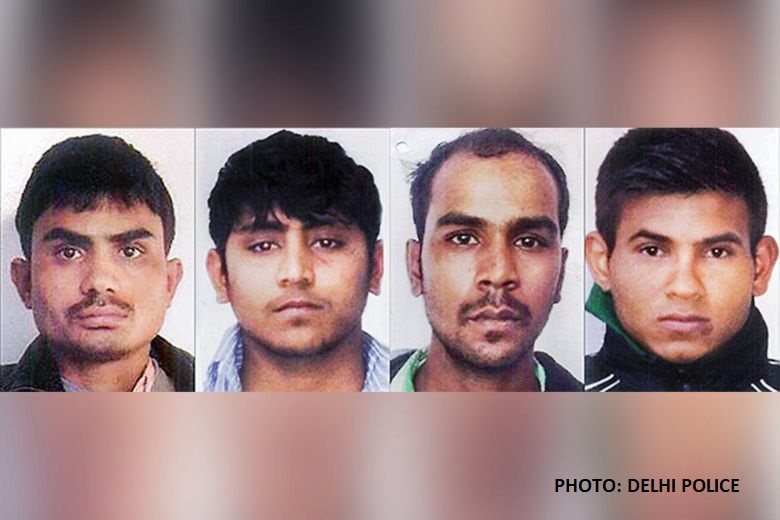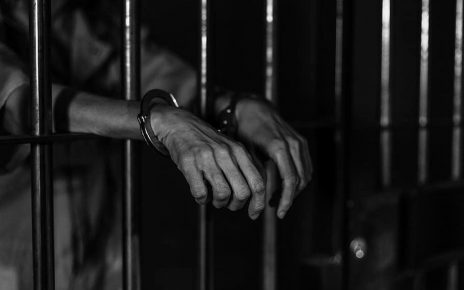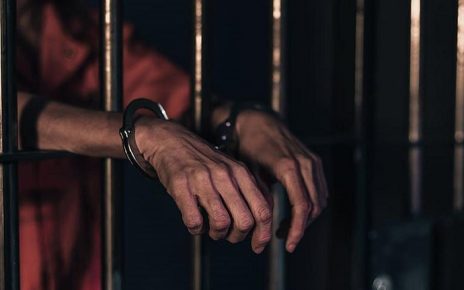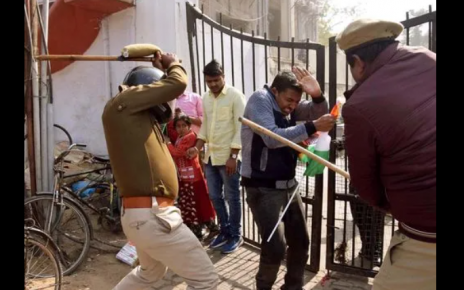The Straits Times
Published on 20 March 2020
NEW DELHI – Four rapists convicted for the gang rape and murder of a 23-year-old woman on a moving off-duty private bus in Delhi in 2012 were hanged Friday morning, bringing to close a long-drawn and painful case in India.
The brutal assault triggered widespread outrage across the country, directed at the state’s inability to prevent incidents of violence against women and punish those responsible. The case and its fallout also grabbed international media spotlight, besides prompting landmark legal changes in India that expanded the definition of rape and instituted stricter punishments for sexual violence against women.
Ten days after the assault, the victim, a physiotherapy student, was flown to Singapore for emergency treatment at Mount Elizabeth Hospital, where she succumbed to her injuries on Dec 29 2012.
She was famously dubbed Nirbhaya – the fearless one – by the media as rape victims cannot not be named under Indian law.
Friday’s hanging culminates a tortuous legal process that saw the parents of the victim fight tirelessly for justice. A special fast-track court had handed out the death sentence in September 2013, a decision that was upheld by the Delhi High Court in March 2014 as well as the Supreme Court in May 2017. Their execution had, however, been delayed over pending legal remedies, including mercy petitions made to the President of India.
The pre-dawn execution at Delhi’s Tihar Jail – India’s first in a rape and murder case since 2004 – took place less than two hours after the Supreme Court dismissed the final petition of the convicts. They had also petitioned the Delhi High Court on Thursday night, which also dismissed their plea.
The parents of the victim welcomed the execution. “They have finally been hanged. It has been a seven-year struggle… Nirbhaya has got justice, ” her mother Asha Devi told reporters outside her residence.
The hanging has also been welcomed by many others in India, including Prime Minister Narendra Modi. “Justice has prevailed. It is of utmost importance to ensure dignity and safety of women,” he tweeted hours after their execution.
Chairperson of the National Commission for Women Rekha Sharma told ANI, a news agency, “Justice has been delivered, even though late. This will act as a deterrent… I hope such gruesome cases are dealt by fast-track courts that quickly hand out such sentences and that they are implemented.”
Six people were arrested for the attack. One of them, Ram Singh, had allegedly committed suicide in jail in March 2013. The sixth, who was 17 at the time of the offence, served three years in a reform facility – the maximum term possible for a juvenile in India – and was released in 2015.
Nirbhaya, along with a male friend, had boarded a private bus on the evening of Dec 16, 2012 after watching a film. The six men, who were already on the bus, assaulted the couple and took turns to rape the woman. The couple were thrown out of the bus onto the road later in the night, following which some passers-by called the police.
While the executions have sparked jubilation, questions remain around the use of the death penalty, which many argue has not helped the cause of women’s safety. India’s poor law enforcement machinery and judicial system also remains a concern and is often cited as a reason for a public thirst for revenge.
A recent instance of a particularly brutal gang rape was that of a veterinary doctor in Hyderabad in November 2019, who was later burned to death by her rapists. The four suspects were shot and killed in police custody. While activists condemned the shootings as extrajudicial killings, many locals showered the police personnel with flower petals and fed them sweets.
Ms Karuna Nundy, a Supreme Court advocate, told The Straits Times that when people cheer hard for the death penalty, it highlights a desperation for some form of justice. “This is the urge that supports, within otherwise reasonable people, vigilantism, encounter killings and also the death penalty of rapists. The context is lazy governments who fail to fix the system and make sure that a would-be rapist knows that he will be certainly convicted and sentenced fast to whatever punishment,” she said.
Ms Nundy added it is important, therefore, to strengthen India’s justice system as a deterrent and focus on behaviour change with “would-be sexual assaulters and misogynists”.
“Death penalty does not decrease violent crimes. There is some evidence to show it has a hardening effect on society. Once you legitimise killing, you also see people asking for others to be killed with impunity.”
Mr Suhas Chakma, the coordinator of the National Campaign Against Torture, too said that the death penalty had failed to deter crime, citing figures from the National Crime Records Bureau that indicate the number of rape cases in India had grown by around 34 per cent between 2012 and 2018.
“In 2015, the Law Commission of India had recommended the abolition of capital punishment for all crimes, except waging war against the nation or for terrorism-related offences as the death penalty does not have any deterring effect. The time has come for the government to consider the abolition of death penalty,” added Mr Chakma.
The hanging has also been condemned by Saheli, a feminist and autonomous women’s group in India. “The State is creating a false narrative that death penalty is a form of ‘justice’. In fact, death penalty is just a distraction from the terrible truth that the State is unwilling and uninterested in dealing with the causes of sexual violence,” it said in a statement.




